The highly anticipated Alaska summit between U.S. President Donald Trump and Russian President Vladimir Putin ended without a truce or any breakthrough toward halting the Ukraine war. In this in-depth analysis, we uncover why the talks collapsed, global reactions, and what this means for India and the world economy.
Why Did the Trump-Putin Talks Fail?
The Alaska summit was billed as a rare opportunity for a reset amid a grinding and costly conflict. Instead, it concluded with little substance and a sense of deepened deadlock. Here’s why:
- No Major Concessions: Vladimir Putin stood firm, refusing to consider withdrawals or major concessions. Moscow’s focus stayed on demanding “security guarantees” and NATO’s non-expansion—issues Kyiv and its allies reject as excuses for aggression.
- America Reluctant to Pressure: President Trump maintained a cautious optimism yet deflected responsibility, suggesting it was ultimately up to Ukraine’s President Zelensky and European leaders to make the tough choices required for a deal.
- Strategic Calculus: For Putin, the meeting itself ended a period of isolation and restored some diplomatic legitimacy, especially as fighting continued and the West looked for unity
- Unresolved Core Issues: Despite some hints that land swaps and security assurances were “largely agreed,” the thorniest questions—sovereignty, occupied territory, borders—were not seriously advanced.
Ukraine’s Position
From Ukraine’s perspective, the Alaska summit delivered neither relief nor reassurance other than heightened sense of being caught between geopolitical bargaining and existential peril.
President Zelensky who is under relentless pressure to safeguard Ukrainian sovereignty, maintained that no substantive progress had been made toward a just or lasting peace, stating his opposition to any arrangement involving territorial concessions.
Ukrainian leaders and the public alike remain wary that broader negotiations could translate into immense pressure on Kyiv to “make a deal” that contradicts the sacrifices and ambitions of a nation still enduring daily violence and occupation. For many in Kyiv, the summit’s outcome represents a diplomatic interlude that leaves the realities of war unchanged, and may even embolden Russia to press its military and political advantages while the world’s attention is focused on process rather than substance.
Europe’s Perspective
- European leaders swiftly rejected any relaxation of sanctions or settlement that rewards aggression. The EU insists on supporting Ukraine’s sovereignty and territorial integrity, pledging ongoing military and economic aid.
- There’s relief in Brussels and Kyiv that Trump didn’t force a premature land deal, but also concern that U.S.-EU rifts could worsen if American policy turns too transactional.
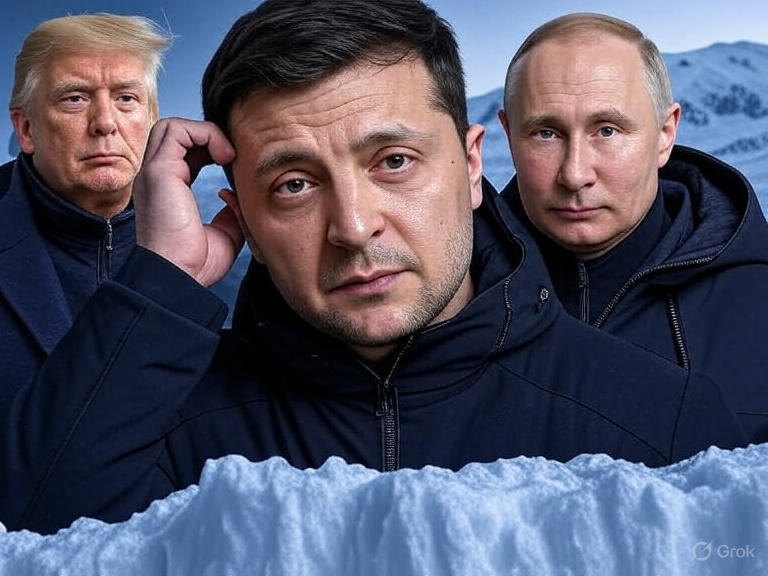
Impact on Global Politics
The failure of the Trump-Putin Alaska summit underscores and deepens the fractures within the international system, reinforcing an era of great power rivalry and diplomatic uncertainty.
Rather than bridging divides, the summit revealed the extent to which global politics are now characterized by hardened positions and mutual suspicion. Putin’s appearance on an equal footing with the U.S. president in absence of any concessions offered Moscow a valuable symbolic legitimacy and signaled Russia’s return from diplomatic isolation.
Across the Atlantic, the summit exposed subtle but growing discord between the United States and its European allies. Washington’s pragmatic push for a deal clashed with the EU’s insistence on principles and international law. This divergence threatens to weaken the Western coalition that has so far supported Ukraine, introducing new uncertainty about the durability of sanctions and the direction of future diplomatic efforts.
In the broader global context, the inconclusive talks send an ambiguous message to other actors—encouraging some to test the boundaries of international order, while leaving vulnerable states more anxious about the reliability of security guarantees and the stability of existing alliances.
As hopes for an imminent peace fade, the summit’s failure risks entrenching the conflict as both a local tragedy and a contested front in the larger struggle over the rules and values that govern the international system.
Impact on India and World Economy
- India’s Dilemma: Indian hopes that a peace deal would ease U.S. tariffs and sanctions on Russian oil and fertilizers have been dashed. Instead, Delhi remains in a gray zone, worried about secondary sanctions and their impacts on energy security and trade.
- Continued Global Uncertainty: The absence of progress means the world will continue to face uncertainty around energy and food prices, especially in Europe, which suffers from high energy premiums and supply risks. Inflationary pressures and market volatility may persist as sanctions stay in place and no end to the war is in sight.
Conclusion
The failed Trump-Putin summit in Alaska revealed deep divides—not just between Moscow and Kyiv, but also among Western allies who are wrestling with war fatigue and rising global costs.
For now, the Ukraine conflict remains unresolved, with little hope for a diplomatic fix in the near term. As the guns continue to speak, the world braces for more turbulence—on the battlefield, in energy markets, and at the highest levels of international diplomacy.

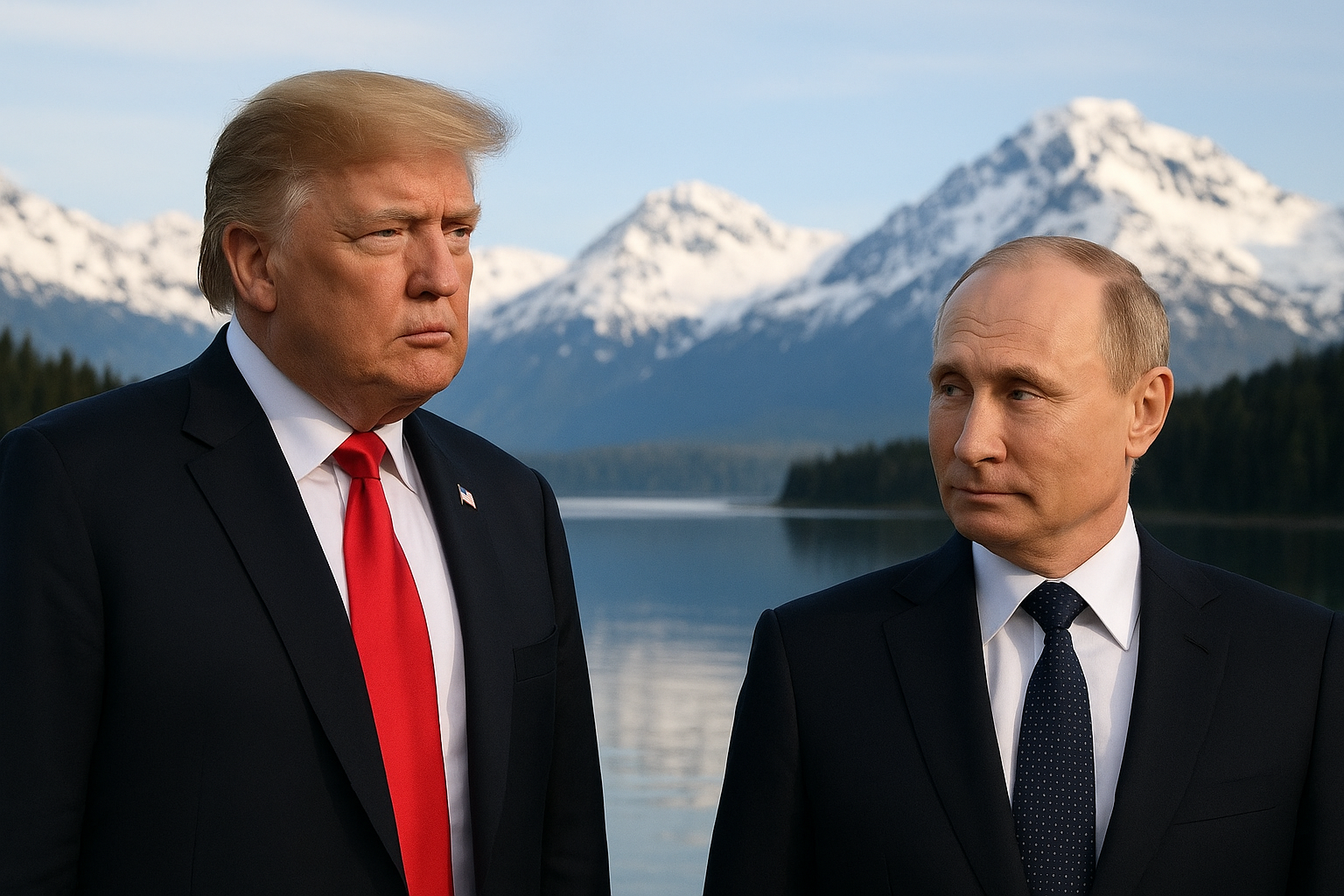
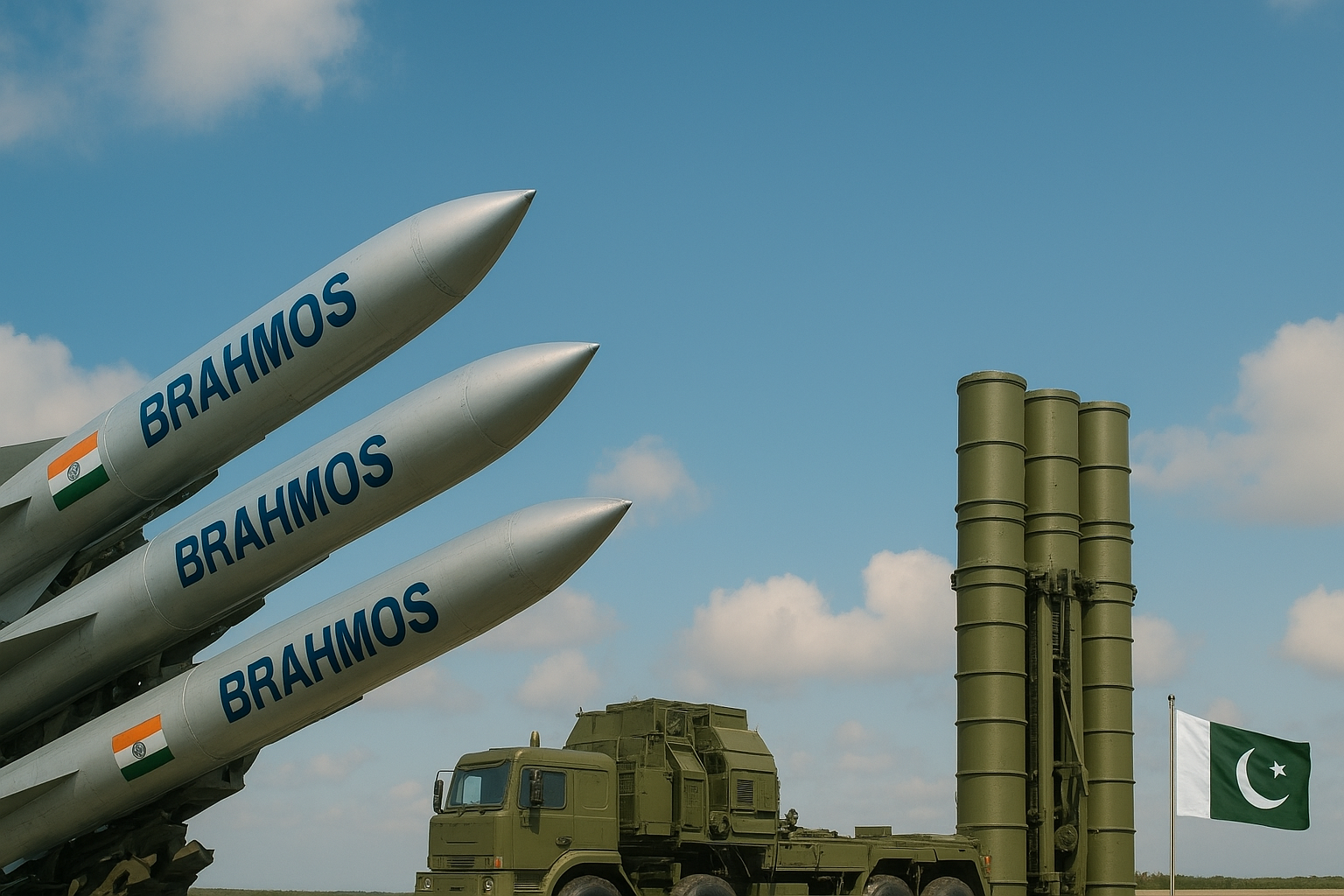
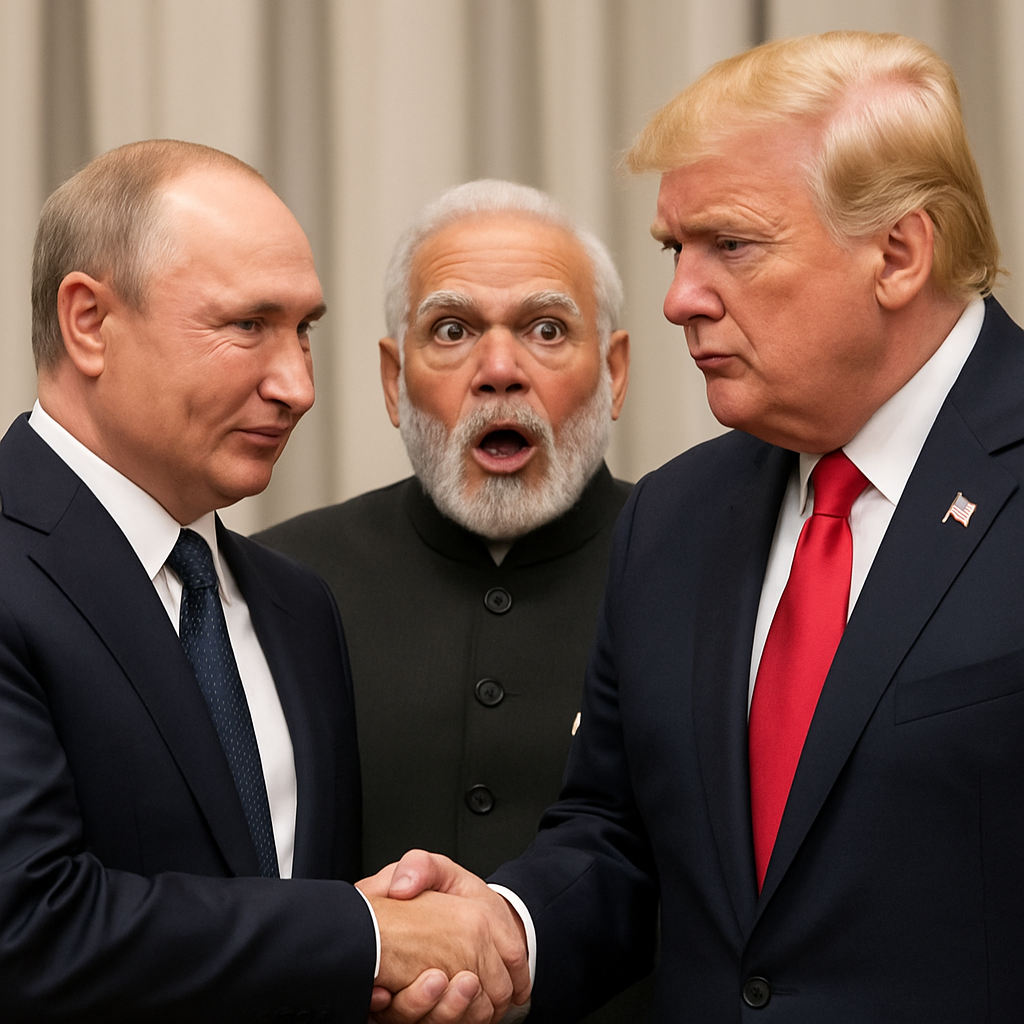
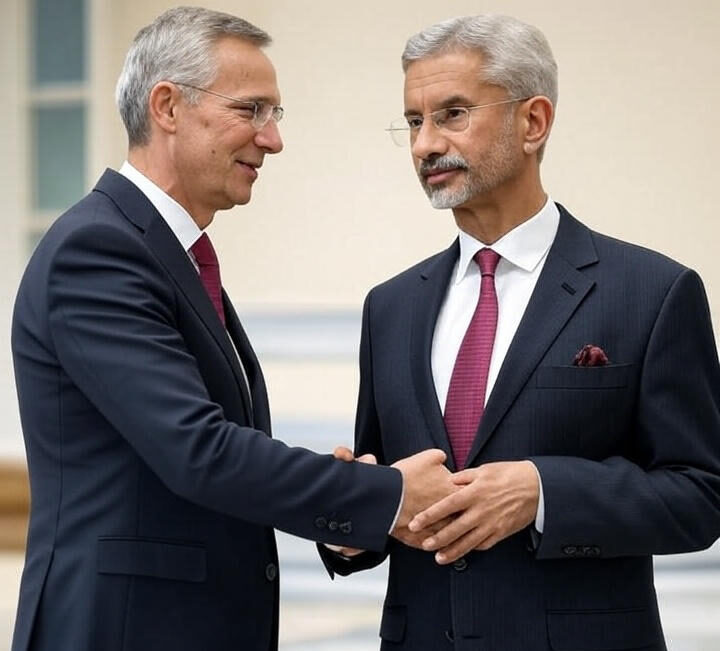
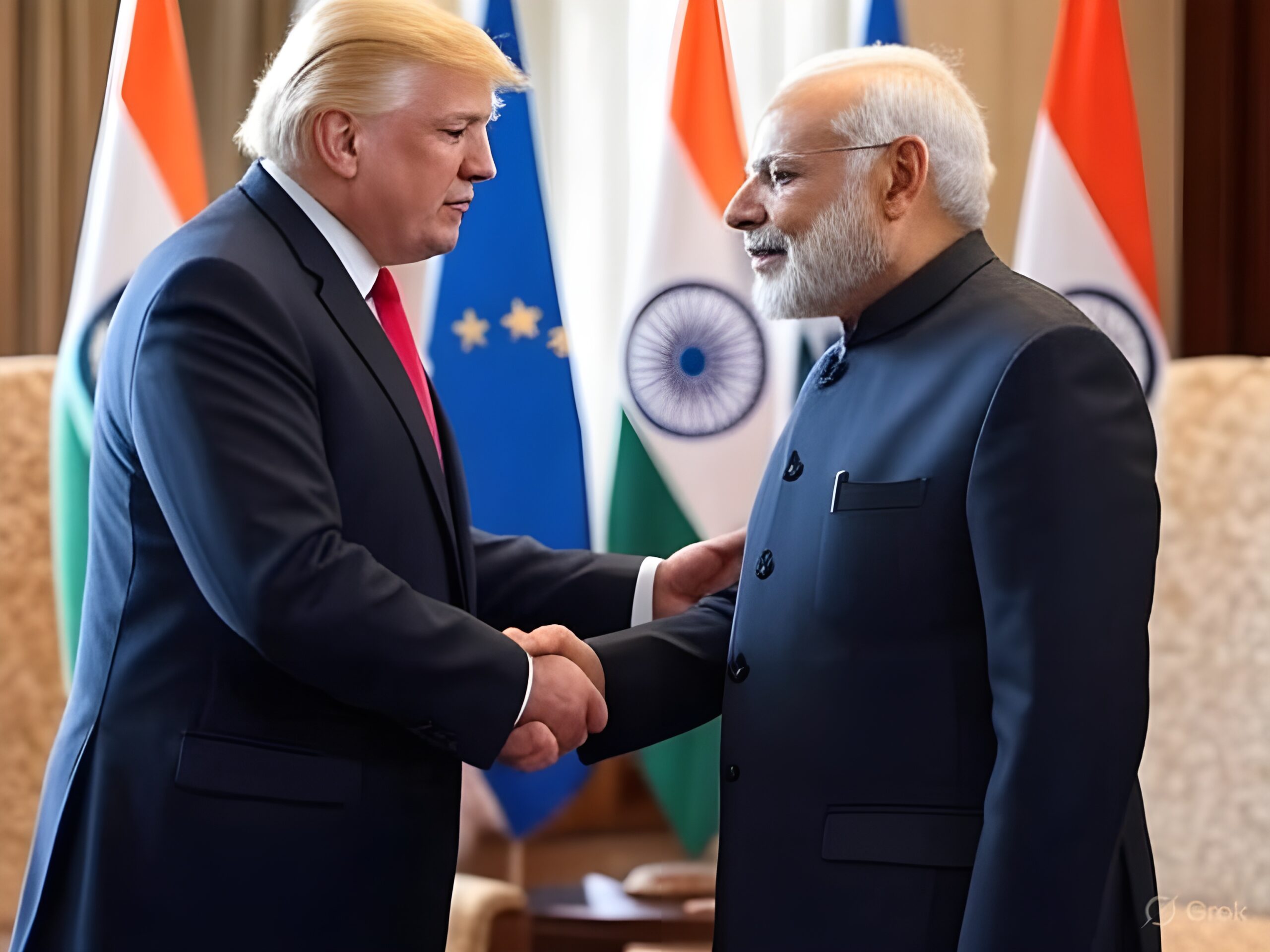









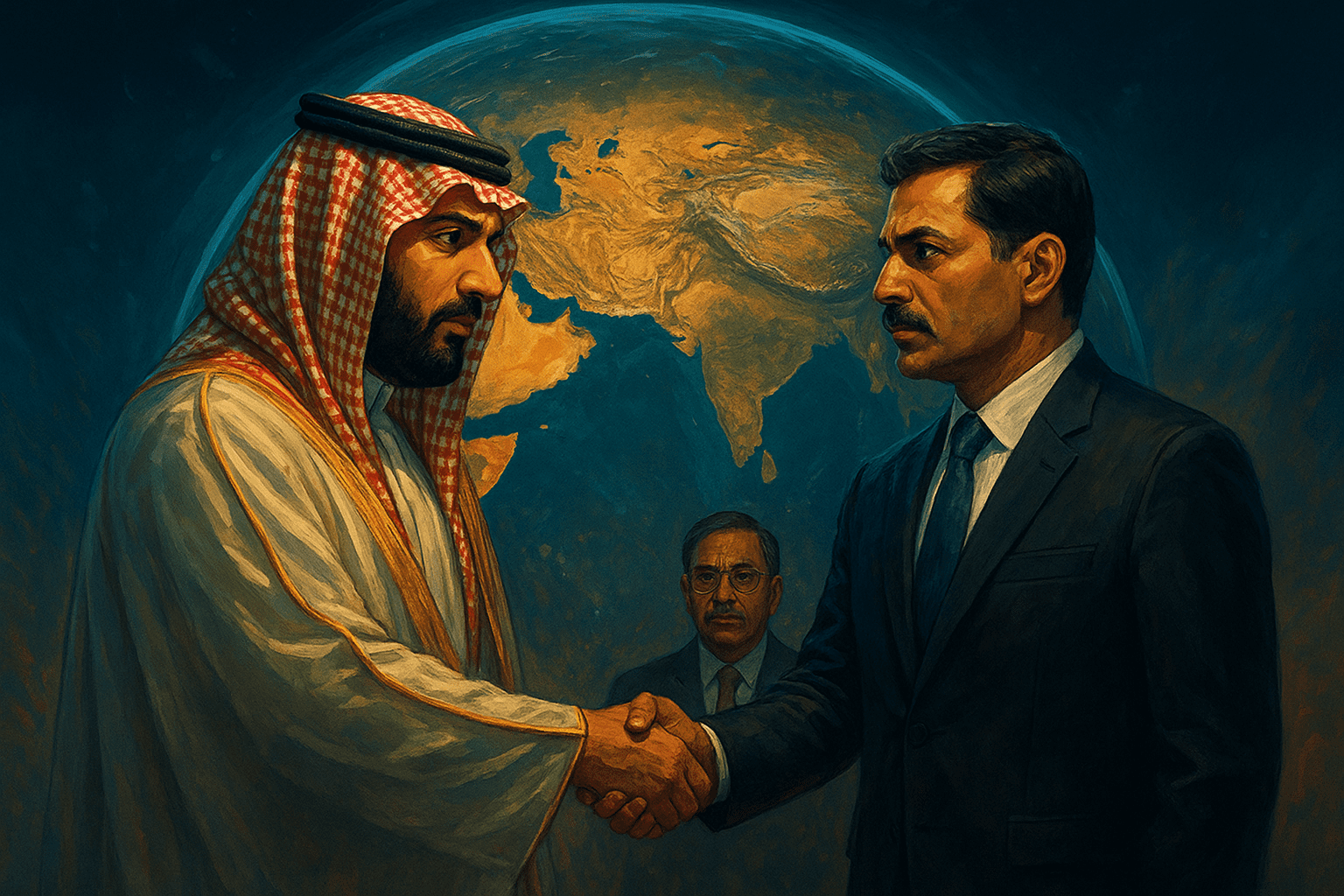
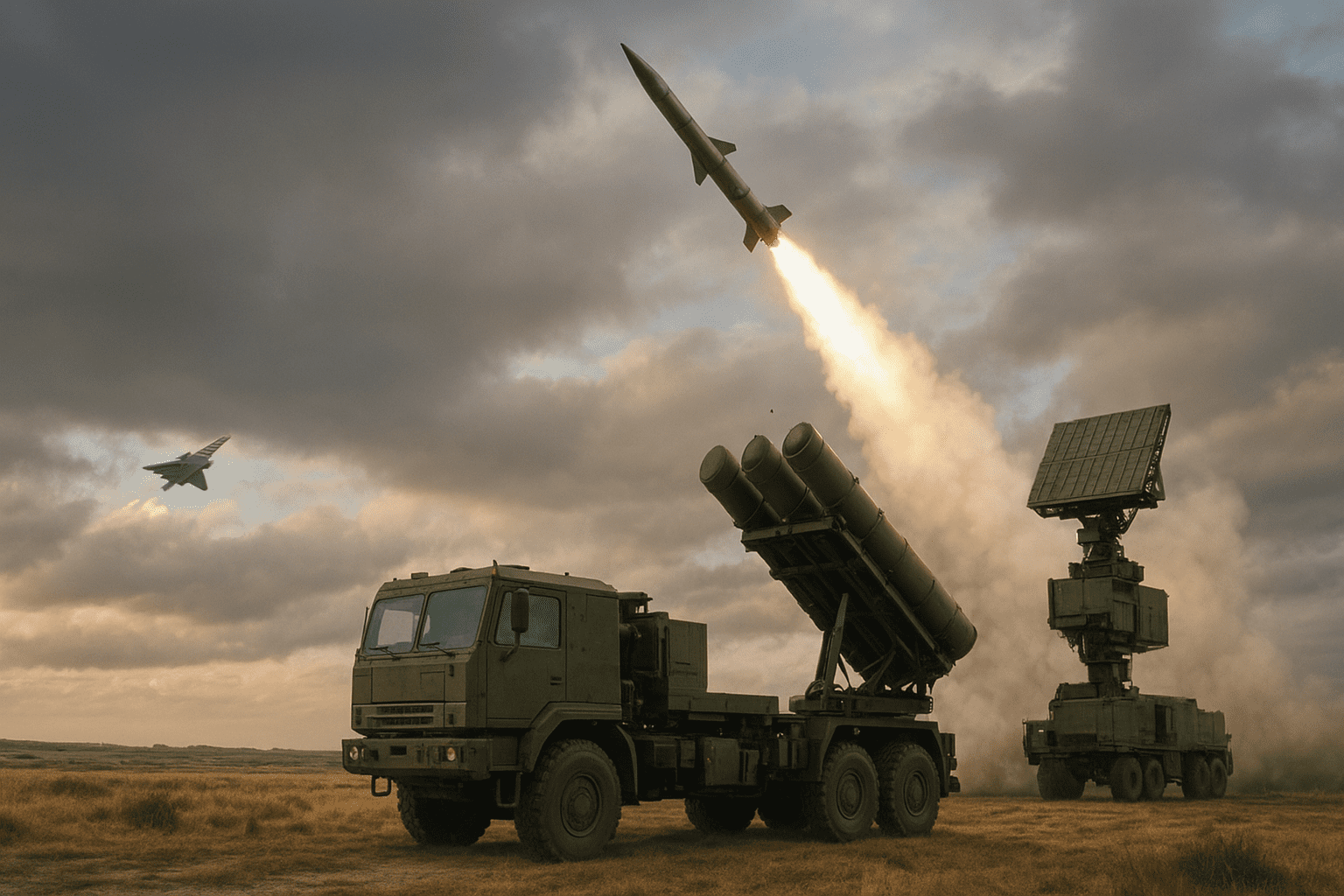
1 Comment
Et praesentium vel necessitatibus vel exercitationem. Velit sequi nisi id Perferendis consequatur inventore eaque tempora. Suscipit ipsum ut. Eius nihil sunt laboriosam minus sunt aperiam. Culpa est minima quod Sed perferendis eaque dolor et non. Sunt debitis sit molestias qui corporis. Laborum aut qui culpa sint ut Similique doloremque corrupti dolores rerum libero quis at Ut iusto laborum dolores dicta. Magni et pariatur quam quibusdam consequatur. Laboriosam suscipit necessitatibus nihil